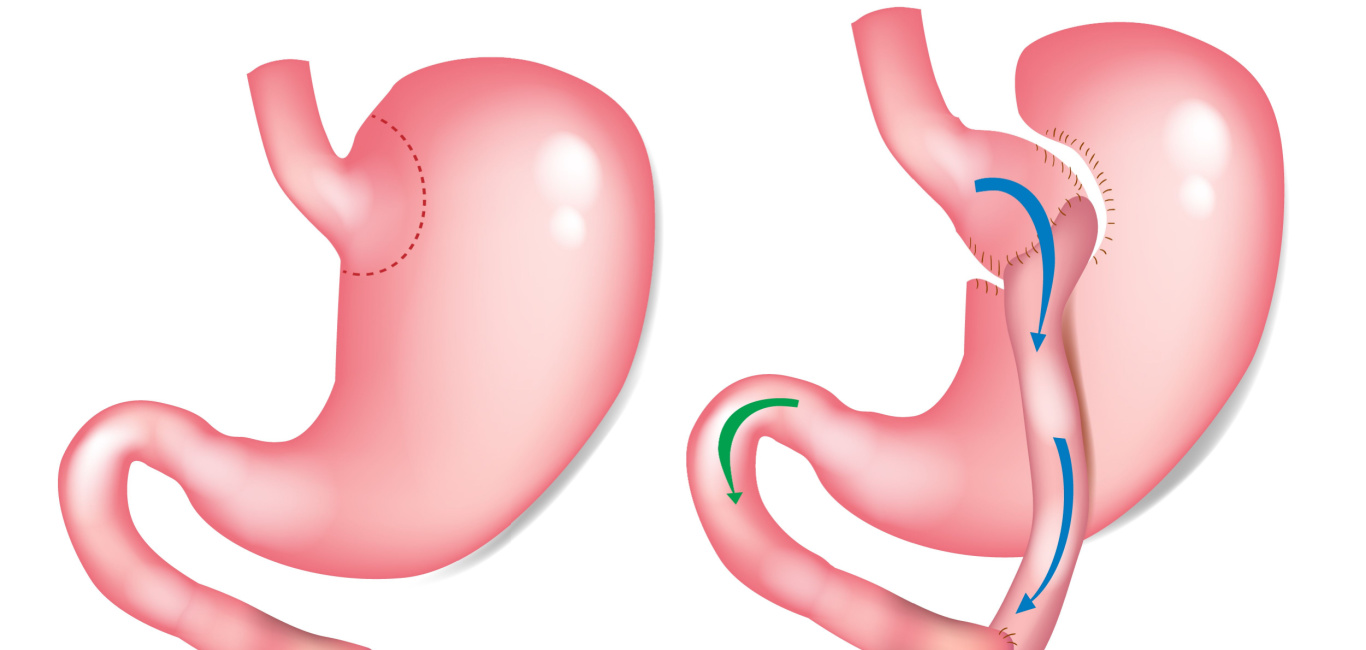
The old saying, “haste makes waste” proves especially true when it comes to our digestive processes. When food moves too quickly from stomach to intestine, it can result in a condition called dumping syndrome.
Generally, when the food reaches stomach after having meal, it is stored there for some time and is broken down into smaller components before it moves into small intestine. However, for those who have undergone surgeries in the oesophagus, stomach or small intestine, food can sometimes move too quickly into the intestine, leading to a variety of symptoms— from bloating to indigestion. This is known as dumping syndrome, says Dr Piyush Ranjan, senior consultant and vice chairman, Department of Gastroenterology, Sir Gangaram Hospital, New Delhi.
It is not a disease but a constellation of symptom and signs that occur due to faster movement of stomach content, he adds. It is quite distressing and can reduce the quality of life of the affected person.
Symptoms are time dependent
The symptoms of dumping syndrome can be divided into two types depending upon the timing at which they appear after having a meal, says Dr Ranjan.
- Early dumping symptoms: It occurs within 10-15 minutes of eating. The symptoms are bloating, abdominal pain and discomfort, sweating, palpitations, flushing (reddening of face, neck and upper chest) and diarrhoea. It is the result of rapid delivery of content from stomach into intestine.
- Late dumping symptoms: It occurs one-three hours after eating and is characterised by hypoglycaemia (low blood sugar) apart from other symptoms such as palpitation, flushing, fatigue, sweating and dizziness. Hypoglycaemia could be life threatening as the person may slip into coma. It can be fatal too.
Dumping syndrome is usually not life threatening except in case of hypoglycaemia. However, it can cause considerable weight loss as the affected person tends to avoid food.
Causes
Surgery in the upper gastrointestinal tract such as oesophagus or stomach can reduce the volume of stomach, remove the barrier function of pylorus (last part of stomach connecting to small intestine), or affect its motility. All these changes can cause rapid movement of content from stomach into the small intestine.
“Even without surgeries, the emptying of stomach gets faster due to increased motility of stomach or disorders of pylorus,” says Dr Ranjan.
When gastric contents are released into intestine faster, they draw water from blood vessels supplying the intestine as they are highly concentrated (hyperosmolar). This causes diarrhoea and other symptoms of early dumping such as bloating and abdominal pain, he adds. Moreover, it leads to excessive release of enteric hormones, which causes increased gut motility, palpitation and flushing, says Dr Ranjan.
“These excess hormones especially glucagon like peptide-1 stimulate abnormally high secretion of insulin in the body thereby causing hypoglycaemia along with other symptoms of late dumping,” he adds.
Diagnosis
Diagnosis of dumping syndrome includes clinical review by doctor to look for symptoms. “In a person who had a prior surgery, it is easy to diagnose the condition as symptoms are observed post-surgery. Without surgery, it is a bit difficult to diagnose dumping syndrome,” says Dr Rajan.
There are scoring systems such as Sigstad score to diagnose dumping syndrome. In this, points are given to 16 different symptoms. If the score is more than 7, it confirms the syndrome, adds Dr Ranjan.
Management
Dr Ranjan suggests the following ways to manage dumping syndrome:
- Dietary modifications: The most important step in management of dumping syndrome is changing the diet pattern of the affected person. One should eat small and frequent meals (about five to six small meals). Diet rich in fibre, proteins and low in glucose, fructose and sucrose should be consumed. Liquids should not be consumed immediately after meals. It should be taken at least 30 minutes after meals to delay gastrointestinal transit of food.
- Medications: Certain medications can help delay the breakdown and absorption of sugars, reduce the release of hormones in gut and slow down gut motility.
- Surgery: If lifestyle changes and medications do not work, the modification of previous surgery can be done by new surgical intervention which can decrease the gastric emptying.
Although a stressful condition for a person, dumping syndrome can be easily managed by diet modifications and medications alone.

















